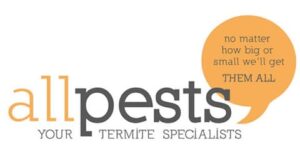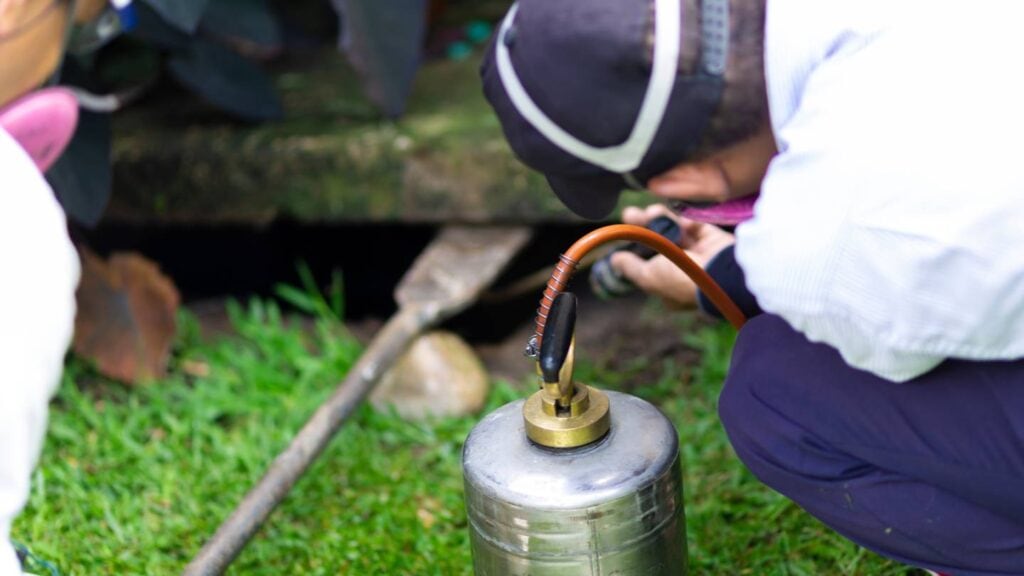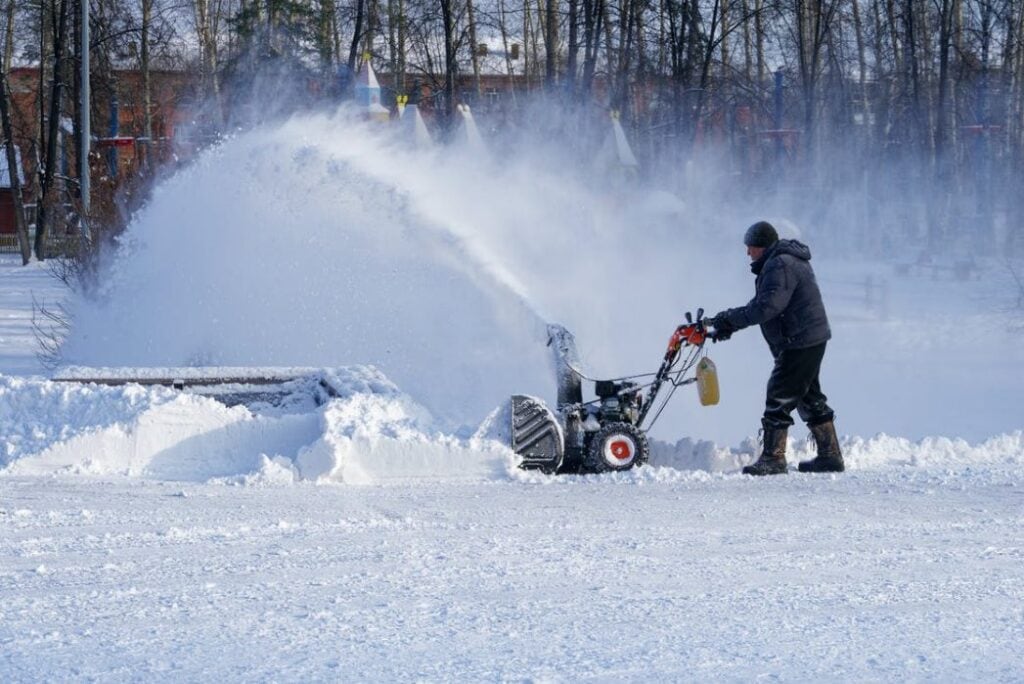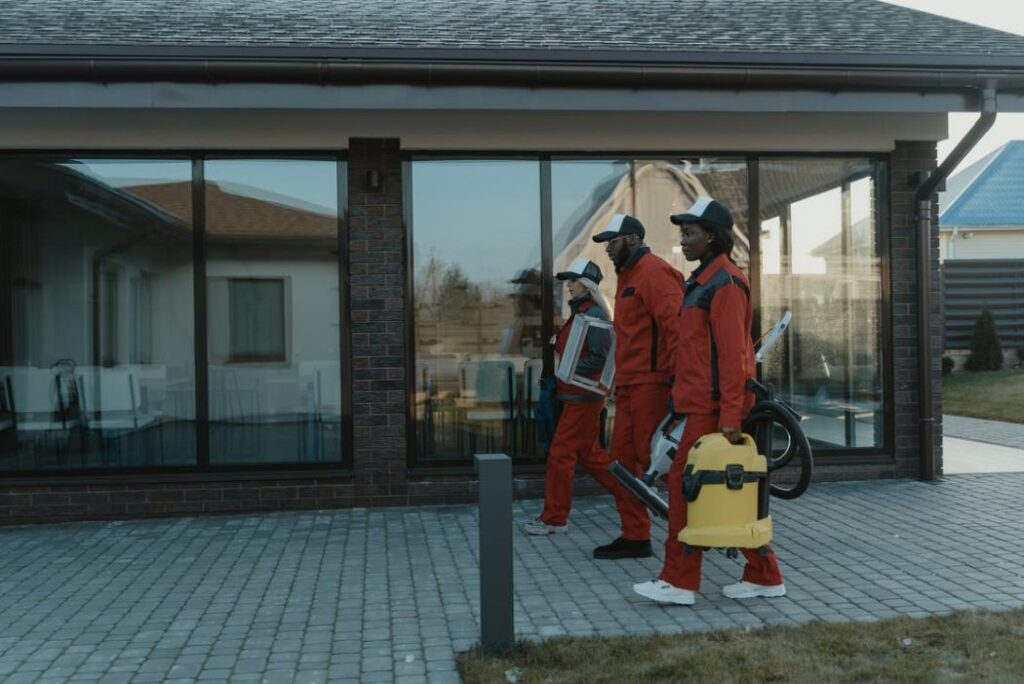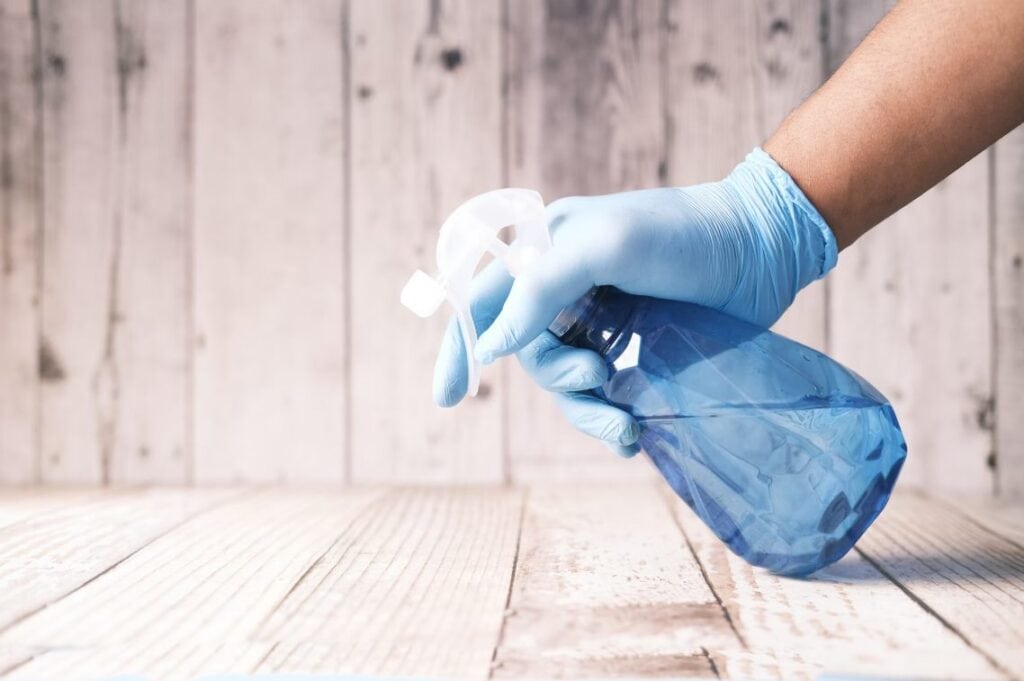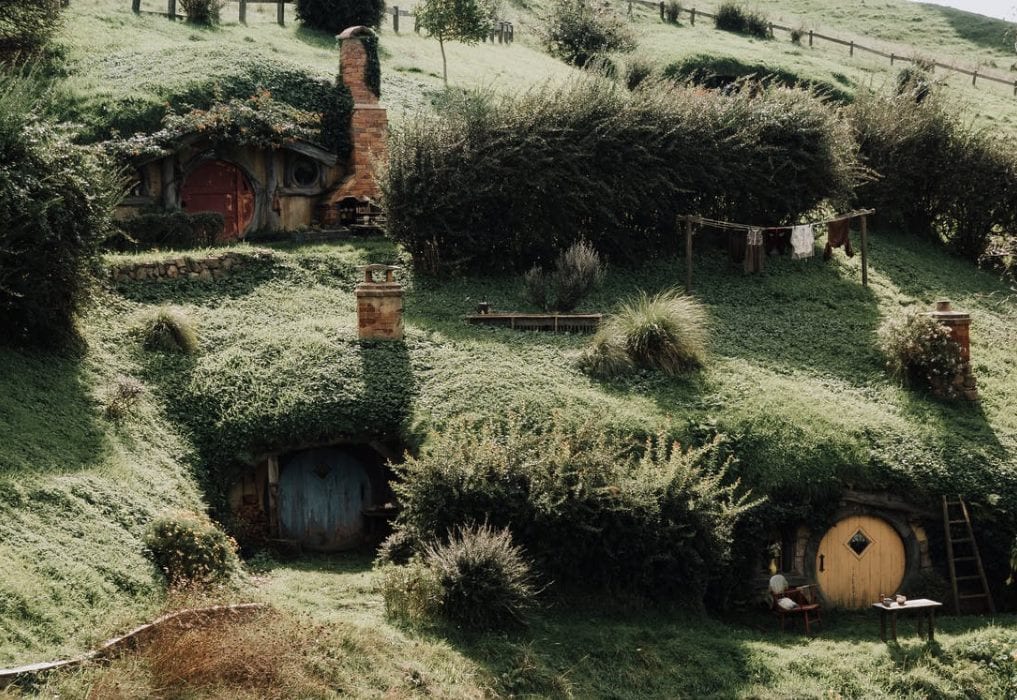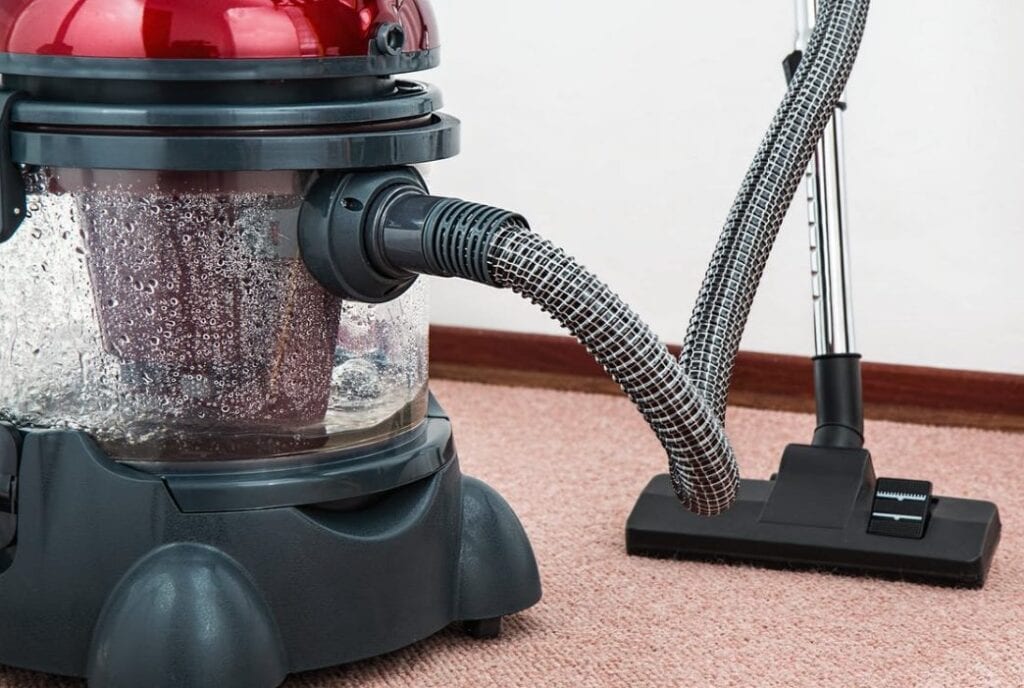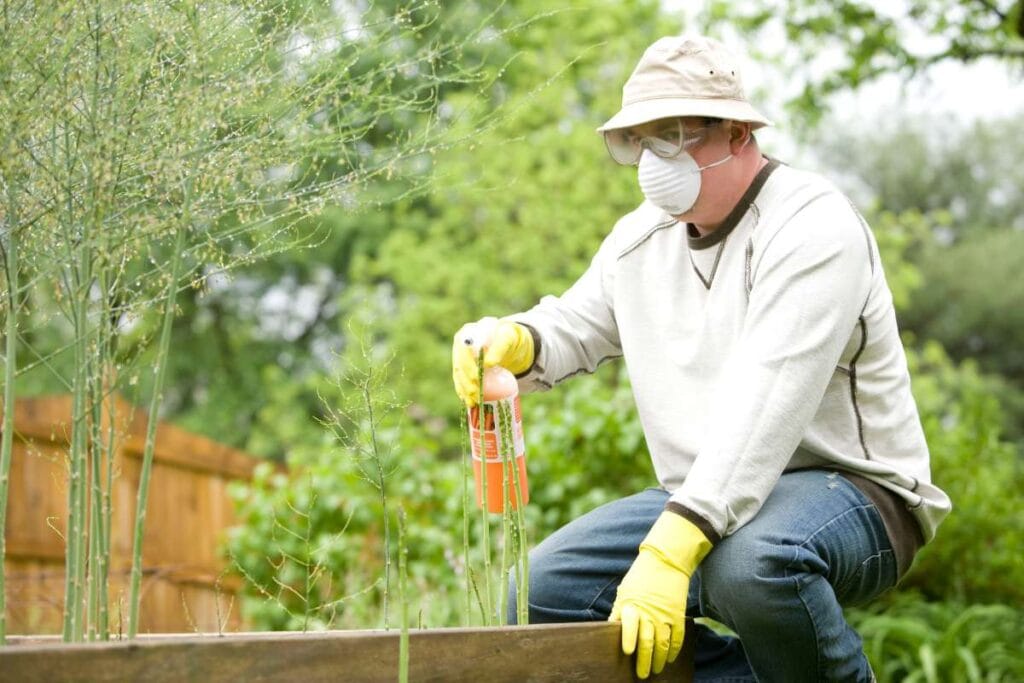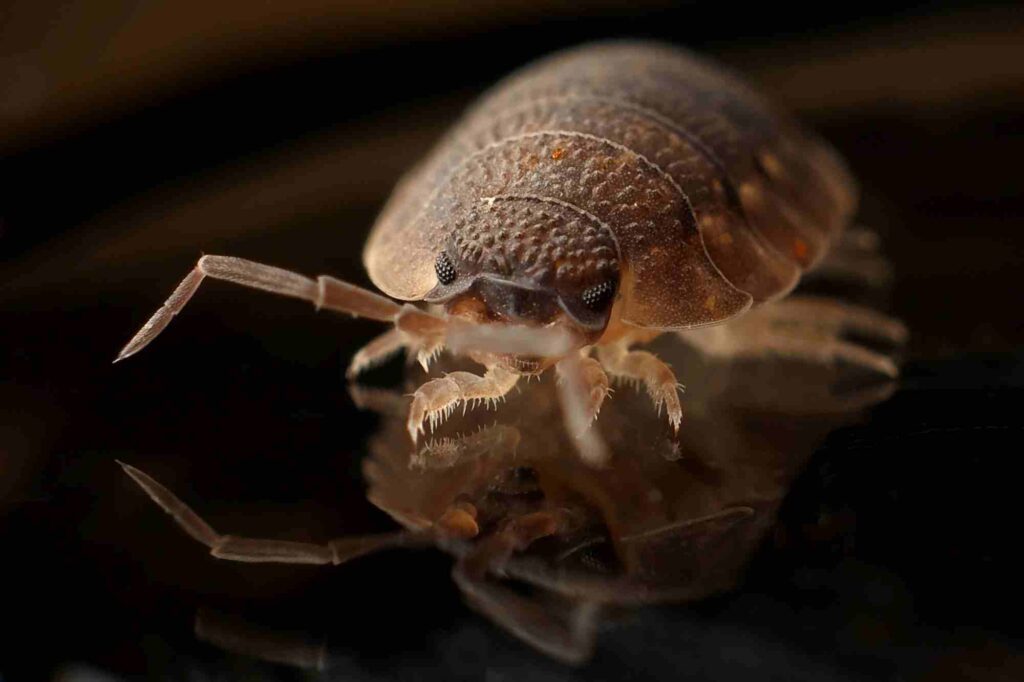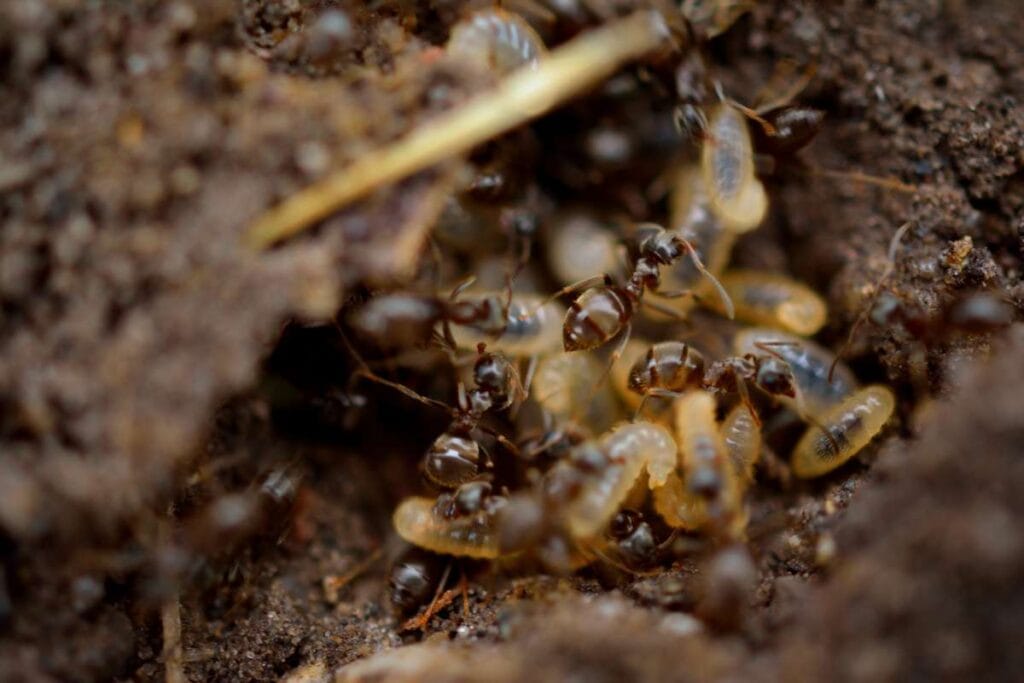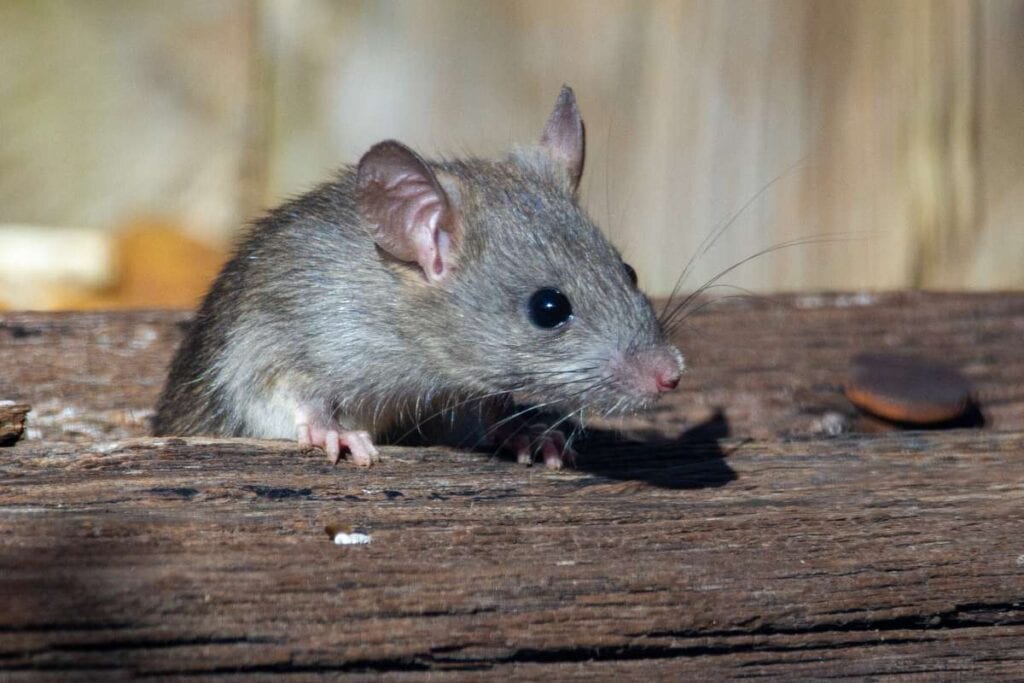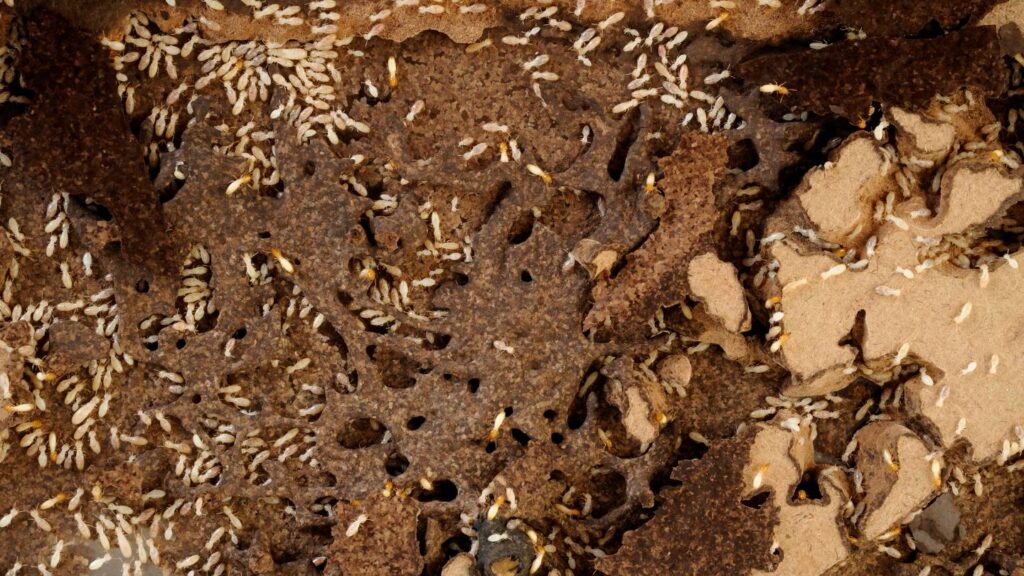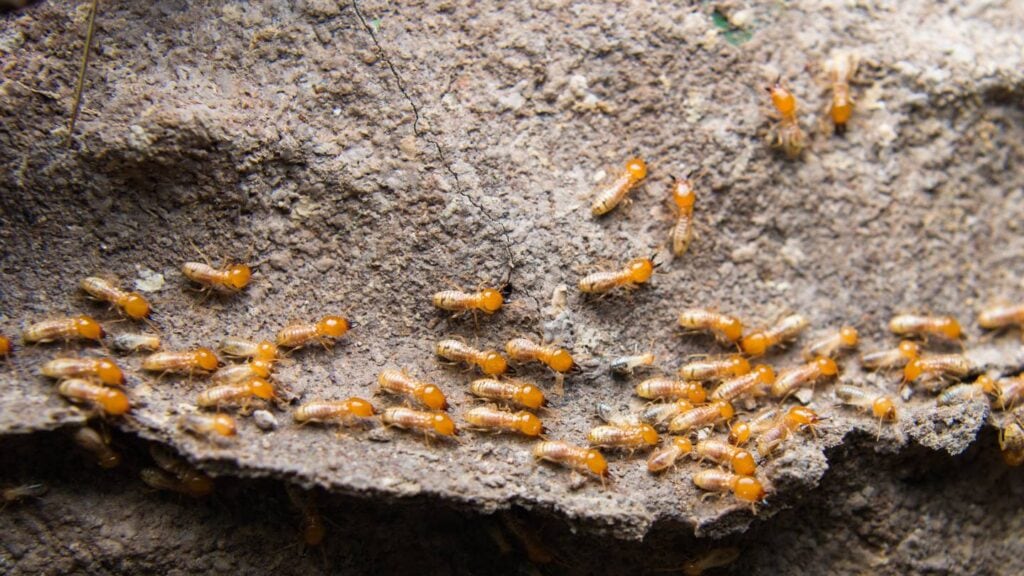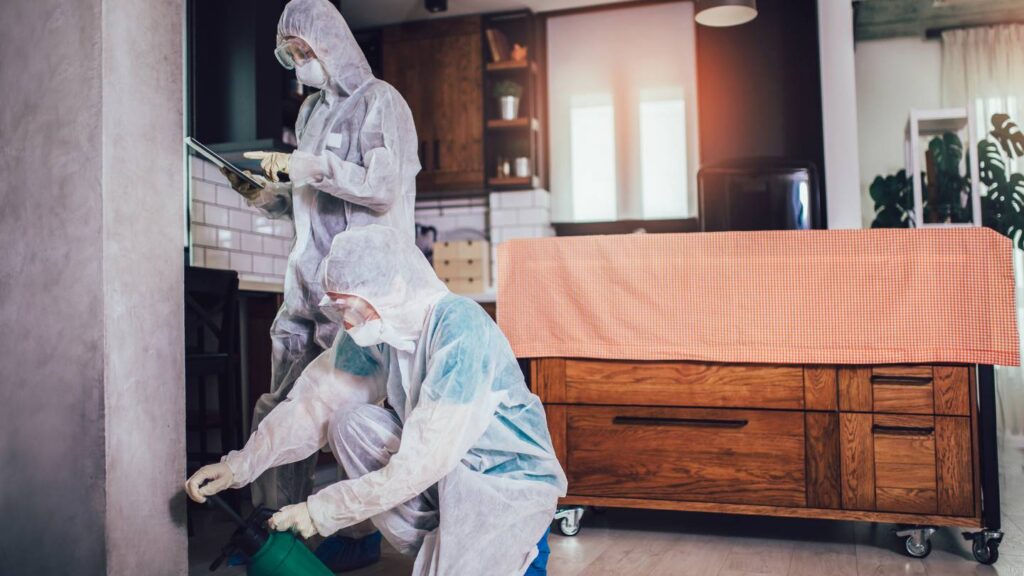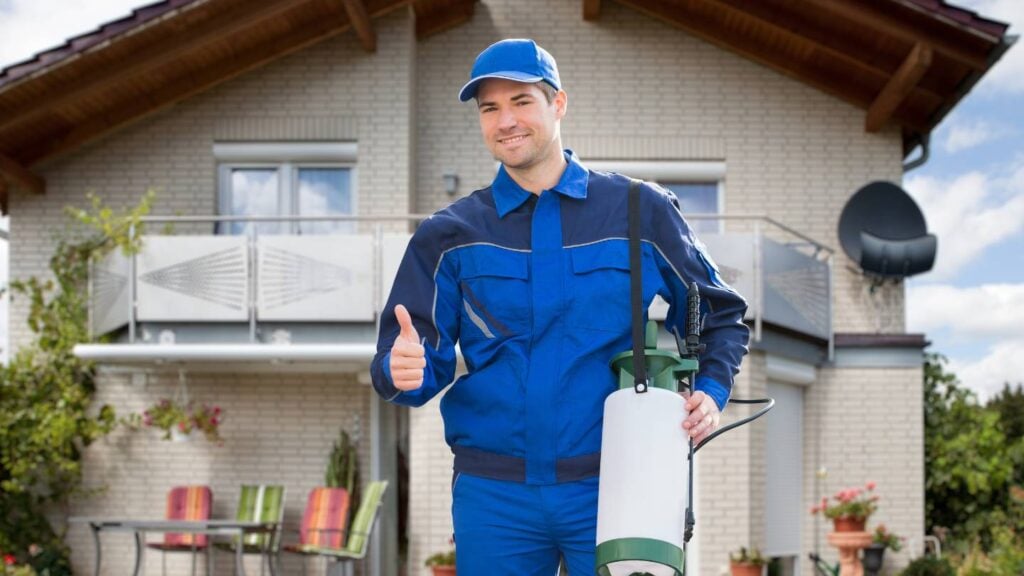However, even though the eradication of wildlife and the control of animals may appear to be similar jobs at first glance, they cover a considerably distinct range of areas.
When you are faced with a situation requiring the assistance of an animal control firm or a wildlife removal agency, choosing which one to hire can be challenging.
In this post, we will discuss the factors that differentiate them from one another and describe the circumstances under which it is proper to communicate with each of them.
Evaluation Of The Circumstances: Wildlife Removal Vs. Animal Control
Animal control and wildlife removal may appear similar at first glance, but they cover very distinct ground. To evict an animal from your home, who do you contact?
When determining who to call, keeping a few things in mind is important. Get a feel for things by responding to these questions:
- Is this some feral beast?
- Is the creature residing in your home's walls or loft?
- Can we release the animal?
- Is it necessary to disinfect or clean up after a wild animal?
- Would you like to make sure this doesn't happen again?
- Is the assistance of a trained expert necessary to approach the animal?
Getting rid of wildlife should be your top priority if you say "yes" to most of the questions. Every case is unique, but having these answers might give you a better idea of your required service. Find out how animal control and wildlife removal differ so you can choose the right solution for your requirements.
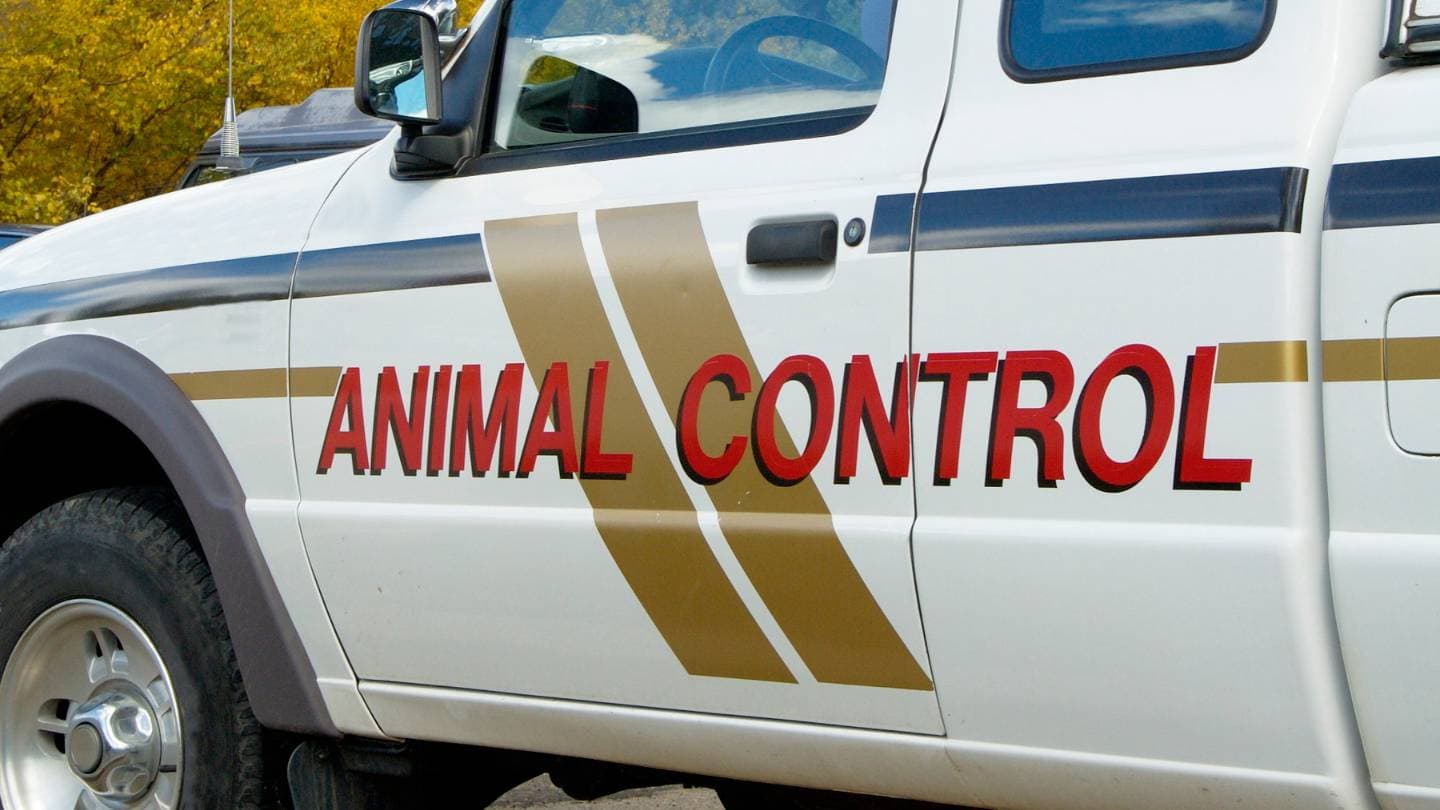
What Is Animal Control?
Whenever animals pose a threat or go missing, animal control steps in to help. Animal control can be contacted when people observe stray dogs or cats, have reason to believe an animal is rabid, or discover an animal carcass in a public area.
While most animals handled by animal control are cats, dogs, and farm animals, they will intervene with any species they suspect of having rabies. Most animal control cases include animal cruelty, stray animals, or dogs attacking other animals or people.
Since "animal control" is a catch-all term for any service dealing with animals, most people probably don't know that the county's animal control agency differs from private organisations that remove wildlife.
How Do I Know When to Contact Animal Control?
Animal control should be contacted whenever domesticated animals, like cats or dogs, are involved. Leave potentially hazardous circumstances to trained professionals to ensure the safety of everyone involved, including any animals in the vicinity.
What Services Do Animal Control Agencies Provide?
Animal control agents are indispensable when it comes to protecting both domestic animals and the humans in their communities. Listed below are some of the services they offer.
Rabies Treatment
Active prevention is necessary to protect people from the deadly disease of rabies. To assist in stopping the spread of rabies, animal control agencies ensure that household animals like ferrets, cats, and dogs get vaccinated.
They can educate the public about prevention or organise low-cost immunisation clinics to achieve this goal. Additionally, those who work in animal control have received extensive training to identify the symptoms of rabies in sick animals and to respond accordingly.
Population Control
Without spaying and neutering, the populations of dogs and cats can increase exponentially due to their high reproductive rates. Animal control organisations aim to decrease the number of strays and unwanted animals by controlling the populations of these pets. To aid with this problem, you might notice that your local animal control offers affordable pet sterilisation.
Shelters
Animal control authorities frequently operate shelters if a pet needs a temporary home. Most animal shelters have vet facilities, grooming services, and meeting places where people can see the animals.
The spaying or neutering all animals housed at these shelters is a standard requirement before they can be adopted. Unfortunately, euthanasia is a reality in some government-run shelters, even though the vast majority of nonprofit animal shelters do not harm animals.
Bite Investigation
Animal control authorities conduct comprehensive investigations into dog bite cases due to the significant risk of rabies to pet populations and the people in their vicinity. They may conduct tests and watch the dog's behaviour to rule out rabies. Without rabies, the inspector will determine if the dog's violent temperament is dangerous to the neighbourhood.
Animal Protection
Animal control officers are important in preventing cruelty and neglect towards cats and dogs. Reports of cruelty from neighbours and bystanders are crucial to their work. After receiving a report, agents will inspect the home where the pet resides. They may seek charges or remove the animal from the home if they find any signs of cruelty.
Aggressive Dog Complaints
You can try contacting animal control to see if they can investigate your report of a particularly vicious dog in your neighbourhood. If animal control officers suspect the pet poses a danger to residents or wildlife, they will launch an investigation.
What Is Wildlife Removal?
Professional wildlife removal services will safely remove wild creatures on your property that could harm humans, pets, or children.
For some species, some services can eradicate them from the wild. If you need assistance relocating or controlling a stray domestic animal like a dog or cat, call a local animal shelter instead of hiring a wildlife removal agency.
Phone a professional immediately if you observe or think you have a wild animal problem on your property. Do not attempt to remove or frighten away a wild animal by yourself.
Typically, privately owned businesses with experts on staff are tasked with eradicating wild animals. This group of specialists all have Ph. D.s in biology or a closely related field. Because of their background, they can handle a broad range of wild creatures.
Unlike private companies, the government uses your tax funds for animal control. This is the fundamental difference between the two. However, in most cases, homeowners are the ones who end up paying for wildlife control services. A professional wildlife removal agency should be contacted if you discover animals within your home or if they cause damage to your property.
They have experts on staff who are well-versed in animal elimination. A state-issued licence is necessary, just as it is for animal control personnel. They are thorough and efficient workers that pay great attention to detail. When in need of animal control, contact your county's non-emergency police.
It is your responsibility to seek out and engage private wildlife removal services. It is simple for users to need clarification on the two resources when they are unaware of the specifics of what each service provides.
When Should I Call Wildlife Removal?
Serious problems may arise if signs of wild species making themselves known, including unusual noises or disagreeable smells, are disregarded. If you notice any of the following signs, it's time to call a wildlife removal service:
- If you hear scratching or rustling in your home's basement, attic, crawl space, or walls, it could indicate that animals live there. Calling a wildlife removal service is frequently necessary when you hear noises that indicate movement.
- Beware of ominous odours: If you notice a foul smell emanating from one area of your home, it could be a sign that an animal is either imprisoned or dead.
- Signs of moles and other rodents in the yard include dirt patches and holes, which can be discovered around your home's foundation. Another option is to dig a hole in the ground and enter your home's crawl area or basement.
- Verifiable evidence of pest infestation: If you notice a pattern of droppings from bats, birds, rodents, or any other troublesome animal, they likely call your land home. You should hire a professional to clean up any urine or droppings and have the right equipment to do so.
- Visual proof of an intruder can be found by observing an animal, whether it is entering or exiting a crawl space or being present in your living quarters. You can try eradicating that one yourself, but others may still join later.
The Risks of DIY Animal and Wildlife Removal
Property Damage
Licenced professionals with experience removing animals meticulously plan their strategies and tools to keep people and property safe. You could damage your property if you need the right gear, a lot of experience, and training to trap and remove animals. It is enough to make your head spin even to consider the chaos that could occur if the wild animal trapped and removed from your attic was not successful in its removal.
Personal Injury
You can't compare wild animals to cuddly house pets. Despite their seemingly harmless look, these creatures are anything but calm houseguests. Many creatures don't bother humans and aren't dangerous while in their native environment. The catch is that they could become hostile if frightened or confused when trapped in your home.
In their natural environments, animals may resort to violence when provoked. For instance, it may be challenging to determine which snake species provide the greatest threat. Trying to identify dangerous species based on photographs you saw online could put you in harm's way because there are plenty that seem just like innocuous ones. If you want to avoid the vet and reduce this risk, call in the animal and wildlife removal pros.
Spread Of Disease
We are all acutely aware of the possibility of transmission of animal-to-human disease. The risk of harm from contact with wild animals exists even on a smaller scale. Many species in the wild are carriers of zoonotic illnesses, which are diseases that can spread from animals to people.
You risk contracting an illness from coming into touch with wild animals if you attempt to remove these creatures on your own. Salmonella, which can cause food poisoning and home contamination, is also in animal excrement. The personnel and equipment used by professional animal removal services are well-equipped to deal with removing undesirable animals safely and professionally, protecting your house and family from harm.
Chemical Risk
Any hardware store or internet can provide animal deterrents, like pesticides and insecticides. However, these products can potentially create major health issues if used incorrectly by you and those you care about. No need to worry about hurting yourself, your family, or your house—professionals in animal control know how to handle these chemicals responsibly.
Animal Injury
If the animal removal goes wrong, you run the risk of hurting yourself, but the prospect of harming an innocent animal is much worse. A skilled wildlife removal service will compassionately capture animals so that you can rest assured.
Many animal and wildlife rescue organisations have helped injured squirrels, racoons, and other creatures that were victims of do-it-yourself animal removal efforts. Those figures are complete without additional points.
Regulations and Laws
Animal disposal procedures may be subject to substantially different regulations depending on the region. Obtaining a licence or permission to remove some animals is often essential. Several jurisdictions' statutes specifically exempt "nuisance animals," which include small mammals, skunks, and racoons, from the seasonal hunting regulations.
You must still follow certain rules even with a nuisance animal removal permit. Specific states require proof of a threat to human health or safety before allowing the eradication of specific animals, including skunks, racoons, and others. Skunks must be put down by a professional, and racoons must be released back onto the property.
Skunks, racoons, squirrels, snakes, and many more animals are protected. Some states even have specific times of year when hunters can legally take these animals. Most states require authorisation from your county extension office or parks and wildlife agency before relocating or removing any snake. A few options are available to you: either hire an attorney or spend some time researching the regulations and statutes of your state with the aid of your local Fish and Game Commission or Parks and Wildlife Department.
Disposal Concerns
The removal of animals and natural life does not necessarily include the killing of any living beings. The belief that one can eradicate dead pests from one's home is widespread among people. However, proper disposal of any deceased animal is an essential first step in completing a sanitary animal removal assignment.
A dead animal you throw in the trash won't be manageable by the garbage collection service. Not only is it illegal, but it might also harm you and sanitation workers. Hire a competent wildlife management organisation to properly dispose of any animal carcasses they gather, following all local requirements, to ensure the safety of your home or property.
Prevention and Recurrence
Proper identification is an often overlooked but vital step in dealing with pests or wildlife. Professional pest control companies hire exterminators who have received comprehensive training in both the treatment of pests and the identification of various animals.
If you want to know how and why bugs made your house their home, you need to know what kind of bug it is. Finding the insect won't tell you how terrible the infestation is or what to do to prevent it from returning, even if you're good at recognising it. If you put your faith in the experts, you won't have to worry about the problem returning.
Money and Time
Many people contemplate do-it-yourself projects to save money and not pay someone else for physical labour. The appeal, however, fades dramatically in light of the time and money lost due to a badly carried-out assignment. Doing it yourself may not save money compared to hiring a professional wildlife management agency.
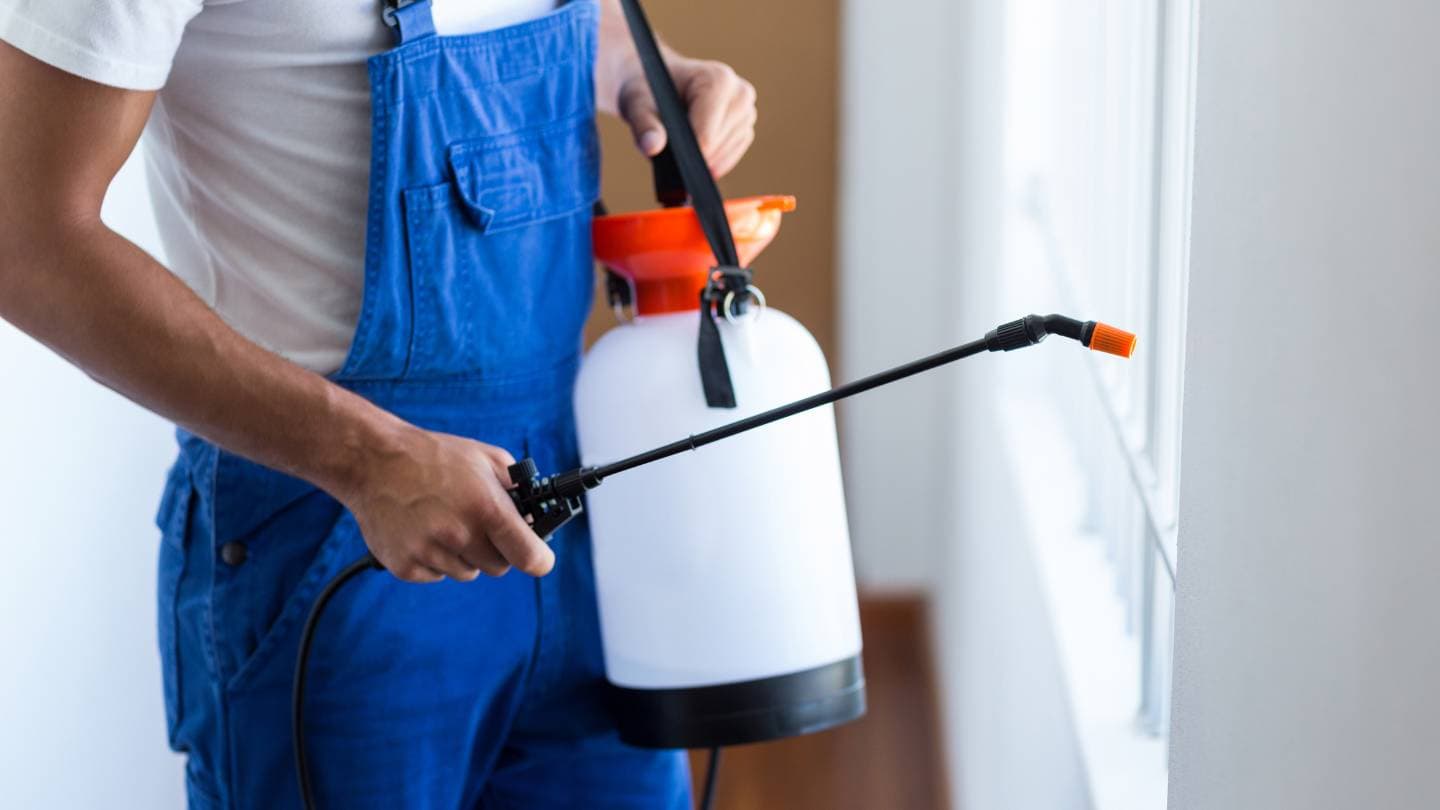
The Importance Of Hiring A Professional For Animal And Wildlife Removal
Online resources may provide you with a plethora of knowledge and how-to guides. Just because something is possible doesn't mean you should. This is especially true when dealing with pest control measures, like killing wild animals. You consider animal or wildlife removal to cut costs and free up some time.
Try it after watching an intriguing video about it online. The best and safest action is to hire a professional wildlife removal technician. Before starting a large project, many variables must be considered.
Attempting to eliminate wildlife around your home or property alone, no matter how well-intentioned, is unsafe and typically fails. If you find wildlife in your home, whether squirrels, racoons, or opossums, it's best to contact a professional wildlife removal agency.
Conclusion
Wildlife removal and animal control are two different services that deal with different issues. Animal control is a service that helps keep people and their pets safe from danger or theft. People usually call it when they see a lost animal, think an animal is rabid, or find a dead animal in a public place. Animal control agencies take care of pets like cats and dogs and offer services like rabies shots, population control, shelters, and investigations into bites.
Treatment for rabies includes keeping pets away from rabid animals and vaccinating them. Population control, on the other hand, aims to lower the number of strays and useless animals. Shelters often have places for pets to meet, get groomed, and see the vet. All animals that live in these shelters have to be spayed or neutered before they can be released.
To rule out rabies, full tests and behaviour tests are done on people who have been bitten. When tame animals are involved, animal control should be called to ensure everyone's safety, including any other animals that might be nearby. Figuring out the differences between wildlife removal and animal control can help people pick the best option for their needs.
Animal control workers are very important for keeping cats and dogs from being abused or neglected. They look into reports of abuse and may press charges or take the animal away from the home if they find one. Wildlife removal services are needed to get rid of wild animals on private land that could hurt people, pets, or kids. Getting rid of wild animals is usually the job of privately owned companies with biology experts.
Most of the time, homeowners pay for wildlife control services, but it's still a good idea to find and hire private wildlife removal services. They should be called when they hurt your property, and there are signs of wild species, like strange sounds or smells. Often, you need to call a wildlife removal service when you hear strange noises, smell bad things, see moles or rats, or have proof that pests are in your home.
Do-it-yourself animal and wildlife removal comes with a number of risks, such as damage to property, human injury, and possible damage to property. Licenced experts with the right tools and experience can help keep people and property safe. Do-it-yourself removal can cause chaos and could even hurt someone. If you want to avoid these risks, it's best to call professional animal and wildlife removal services.
There is a big problem with diseases spreading from animals to people. Many wild animals carry zoonotic diseases. If you try to get rid of these bugs on your own, you might get sick with something like salmonella, which can make your food poisonous and your home dirty.
Professional animal removal services know how to safely and effectively get rid of animals that you don't want in your home, keeping your family and home safe. Chemical risks, like insecticides and pesticides, can be very bad for your health if they are not used properly. There is a big chance that an animal will get hurt, but skilled wildlife removal services can catch animals with care.
Different areas have different rules and laws, and often you need to get a licence or permission first. Before getting rid of certain animals, some states need proof that they pose a health or safety risk to people. For clean animal removal, it's important to get rid of dead animals the right way, and it's also important to hire a good wildlife management organisation.
It's important to be able to tell the difference between bugs and animals, which is why professional pest control companies hire exterminators who have had a lot of training in both. It is dangerous and usually doesn't work to try to get rid of wildlife around your home or land by yourself. The best and safest thing to do is to hire a professional wildlife removal technician. It's also important to think about a lot of different factors before starting a big job.
Content Summary
- Wildlife removal and animal control may seem similar, but they cover distinct areas of expertise.
- Choosing between animal control and wildlife removal can be challenging in specific situations.
- This post explores the factors that differentiate these services and when to contact each.
- Questions like the type of animal, its location, and the need for professional assistance are crucial.
- Understanding the differences helps in selecting the right service for your unique requirements.
- Animal control addresses issues with domesticated animals, including strays, rabid animals, or carcasses.
- Rabies treatment and prevention are part of the essential services offered by animal control agencies.
- Population control through spaying and neutering is a significant focus for animal control.
- Animal shelters operated by animal control provide temporary homes for pets in need.
- Bite investigations are conducted by animal control to assess the risk of rabies and aggression.
- Animal protection against cruelty and neglect is a key responsibility of animal control officers.
- Reporting aggressive dogs in the neighbourhood prompts animal control investigations.
- Wildlife removal services specialise in safely removing wild creatures that pose threats.
- Professional wildlife removal helps prevent harm to humans, pets, and children.
- Stray domestic animals are better handled by animal shelters, not wildlife removal agencies.
- Promptly contacting professionals is crucial when dealing with wild animal problems on your property.
- Wildlife removal experts have Ph.D.s in biology and handle a broad range of species.
- Government-funded animal control differs from private wildlife removal services.
- Homeowners often bear the cost of wildlife control services despite government funding for animal control.
- Wildlife removal agencies have licensed experts skilled in animal elimination.
- When needing animal control, contact the county's non-emergency police; for wildlife removal, engage private services.
- DIY wildlife removal poses risks such as property damage due to a lack of expertise and tools.
- Wild animals, even seemingly harmless, can become hostile when trapped in homes.
- Attempting DIY removal increases the risk of spreading diseases carried by wild animals.
- Professional animal removal services are equipped to handle chemicals responsibly.
- DIY efforts may lead to animal injuries, which wildlife rescue organisations often deal with.
- Animal disposal procedures are subject to different regulations, requiring licenses in some regions.
- Specific animals, like skunks and racoons, may be protected, requiring professional handling.
- Dead animal disposal is a crucial step in sanitary wildlife removal, following local requirements.
- Professional pest control experts provide proper identification and prevention measures.
- Hiring professionals for wildlife removal saves time and money compared to DIY attempts.
- Online resources may offer knowledge, but hiring a professional is crucial for safe wildlife removal.
- Wildlife removal technicians consider various factors before starting a removal project.
- Attempting wildlife removal alone is unsafe and often unsuccessful.
- Professional wildlife removal agencies are recommended for dealing with animals like squirrels, racoons, or opossums.
- Wildlife removal and animal control are essential for protecting communities from animal-related threats.
- Differentiating between animal control and wildlife removal ensures the right expertise is employed.
- Animal control addresses issues like rabies prevention and population control for domesticated animals.
- Wildlife removal focuses on safely removing wild creatures that could pose dangers to humans and pets.
- Professional expertise in wildlife removal includes Ph.D.s in biology or related fields.
- Government funding supports animal control, while homeowners typically pay for wildlife removal services.
- Wildlife removal agencies use licensed experts with a focus on efficient animal elimination.
- Contact non-emergency police for animal control and private services for wildlife removal.
- DIY wildlife removal risks property damage and personal injury due to a lack of expertise.
- Wild animals, even seemingly harmless, can become aggressive when trapped.
- DIY removal increases the risk of disease transmission from wild animals.
- Professional animal removal services handle chemicals responsibly, avoiding health risks.
- Attempting DIY removal may lead to injuries to both humans and animals.
- Animal disposal procedures are subject to regulations and may require licenses.
- Professional pest control experts provide proper identification and prevention, saving time and money.
Frequently Asked Questions
Wildlife Removal services use specialised techniques to trap, remove, and relocate wild animals, focusing on humane practices that ensure the animal's welfare.
Generally, Animal Control agencies focus on domestic animal issues. For wildlife on private property, Wildlife Removal services are usually contacted.
There can be collaboration between these entities, especially if there are overlapping concerns or when a situation involves both domestic and wild animals.
Yes, while Animal Control often focuses on capturing stray pets using nets or traps, Wildlife Removal employs specialised traps and techniques tailored to wild animal behaviour.
In some cases, especially when an animal poses an immediate threat to public safety, Animal Control may respond until a Wildlife Removal service is available.
